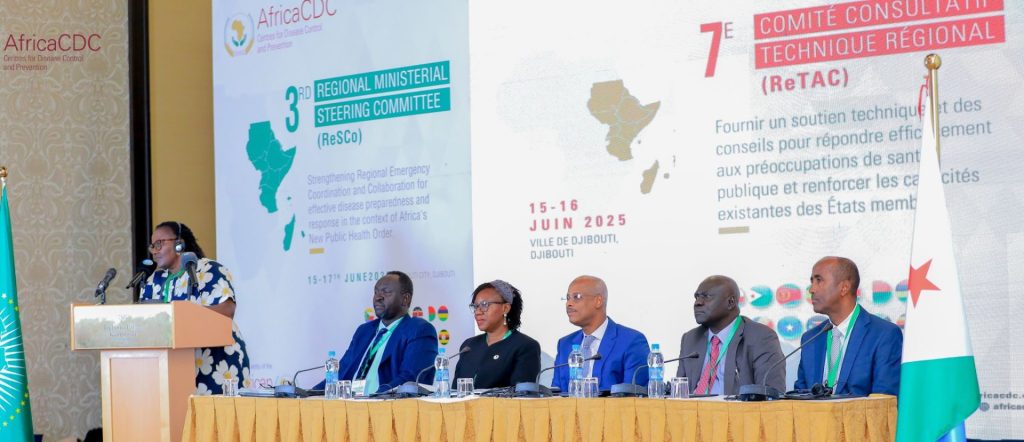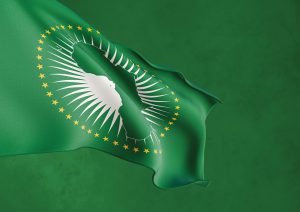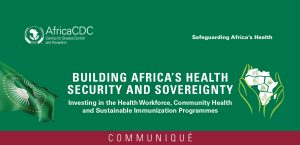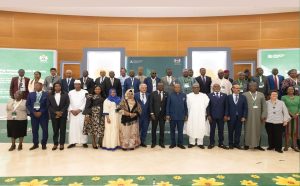Two critical bodies in Eastern Africa have renewed their leadershipstepping up health coordination in the region.
The leaders were selected among minister and public health leaders from 14 AU Member States who gathered in Djibouti for the 3rd Regional Ministerial Steering Committee (ReSCo) and 7th Regional Technical Advisory Committee (ReTAC) meetings.
Djibouti’s Minister of Health, Dr. Ahmed Robleh Abdilleh, was endorsed as ReSCo Chair, with Tanzania’s Jenista Mhagama named Vice Chair. Kenya’s Dr. Maureen Kamene assumed the ReTAC Chair from Uganda, and Comoros’ Dr. Naouirou M’hadji stepped in as the Vice Chair.
The leadership transition came amid rising health threats. Africa has seen a 40% increase in disease outbreaks since 2022 alongside dwindling development assistance and stressed health systems.
Encouraging the new office bearers, on behalf of Africa CDC Director General, Dr. Jean Kaseya, Acting Deputy Director General Dr. Raji Tajudeen in remarks delivered said: “The concept of ‘Africa CDC without walls’ is no longer aspirational, it is becoming operational.”
He called for unity, stating, “let us be bold in reform, deliberate in investment, and united in response.”
Dr. Mazyanga Lucy Mazaba, Regional Director of the Eastern Africa RCC paid tribute to regional cooperation. “The Red Sea reminds us of connection not just in trade, but in health,” she said. “As Djibouti claimed its sovereignty, so must we claim health sovereignty.”
Outgoing ReSCo Chair Dr. Ali Haji Adam of Somalia reflected on the importance of working together, noting, “Regional solidarity is essential initiatives like this are key.”
Incoming Chair Dr. Robleh emphasized the need for a unified approach. “Our response must be coordinated, data-driven, and backed by strong political commitment,” he said.
Besides endorsing new leadership, the meetings approved a series of priority actions, including scaling up sustainable health financing, accelerating the operationalisation of National Public Health Institutes, aligning regional research priorities, and strengthening disease surveillance and workforce capacity.
A new ReSCo Committee on Cross-Border Collaboration was also proposed to boost coordinated outbreak response.
The meetings were attended by partners including WHO, UNICEF, IGAD, EAC, ECSA-HC, UNFPA, IFRC, Amref Health Africa, and Africa Health Business.
As the region faces ongoing health threats such as mpox and cholera, the new leadership team is expected to guide the next phase of implementation with a strong focus on surveillance, system resilience, and public health sovereignty.
Dr. Mazaba summed it up. “Leadership transitions reflect a shared readiness to act. Eastern Africa is not standing still.”







